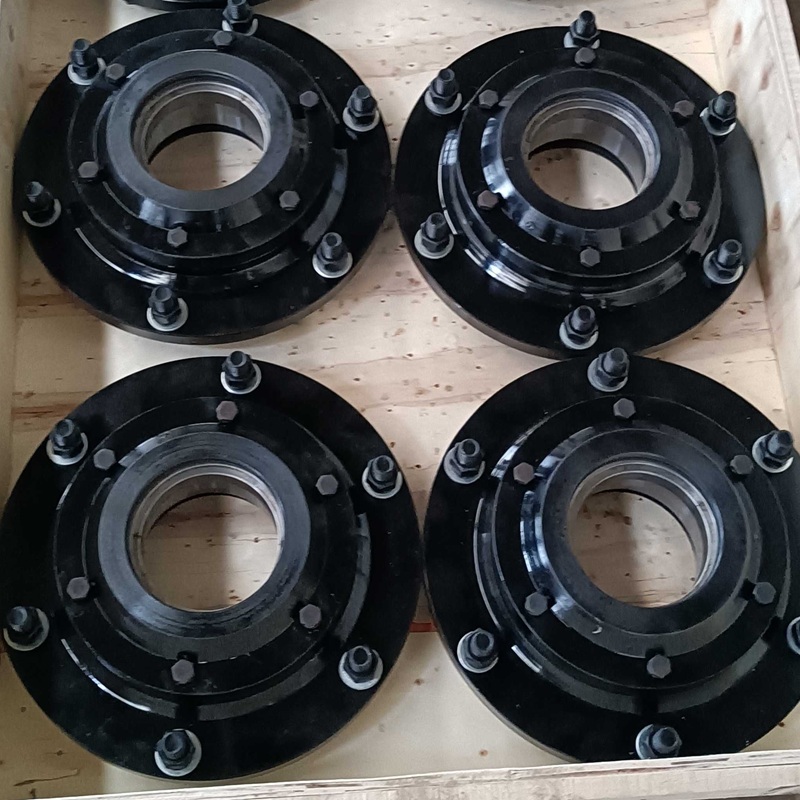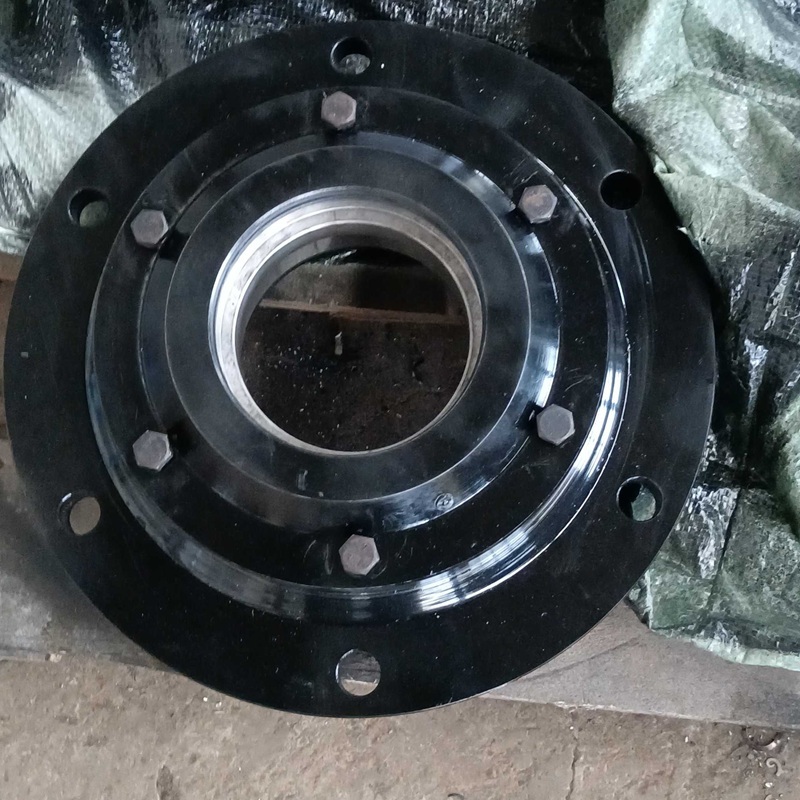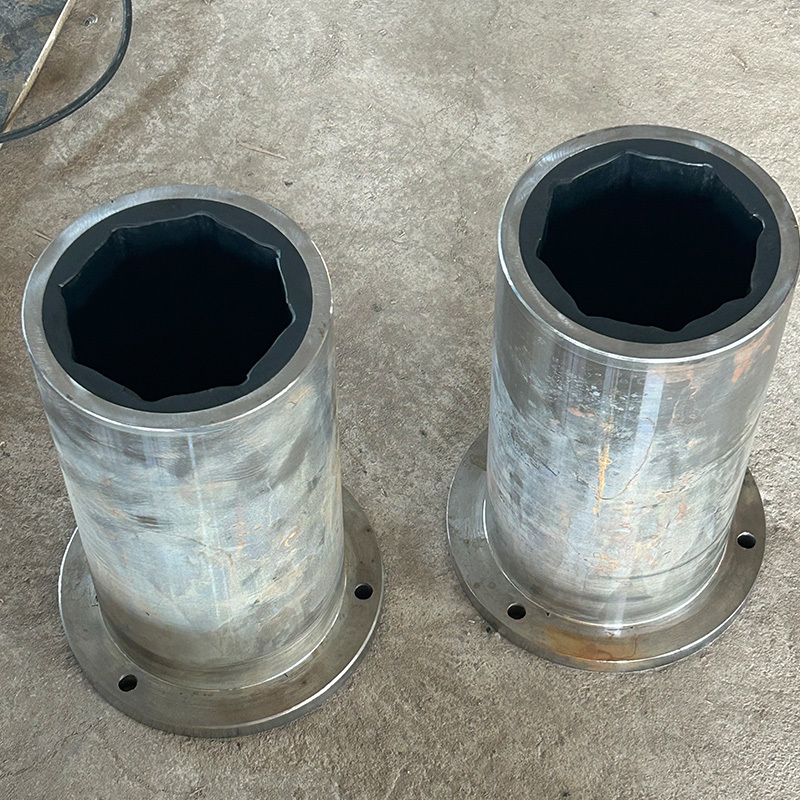Understanding Rudder Bearings: Essential Components for Smooth Maritime Navigation
Release Time:
May 04,2025
Rudder bearings play a crucial role in the performance and safety of marine vessels. These components are designed to support the rudder and allow it to pivot smoothly, facilitating effective steering and navigation. Understanding the function and importance of rudder bearings can help boat owners and operators maintain their vessels efficiently. At its core, a rudder bearing is a mechanical compo
Rudder bearings play a crucial role in the performance and safety of marine vessels. These components are designed to support the rudder and allow it to pivot smoothly, facilitating effective steering and navigation. Understanding the function and importance of rudder bearings can help boat owners and operators maintain their vessels efficiently.
At its core, a rudder bearing is a mechanical component that provides a pivot point for the rudder, which is essential for steering the vessel. The rudder must be able to rotate freely while remaining stable under various conditions, including high speeds and challenging weather. Rudder bearings are typically located at the top and bottom of the rudder stock, ensuring that the rudder remains aligned and functions properly.
Rudder bearings can be made from a variety of materials, including bronze, composite, and plastic. The choice of material significantly affects the performance and longevity of the bearing. For instance, bronze bearings are known for their durability and resistance to corrosion, making them a popular choice for saltwater environments. On the other hand, composite bearings provide excellent wear resistance and can often be lighter than traditional options.
One of the main challenges faced by rudder bearings is wear and tear over time. Regular inspection and maintenance are essential to ensure that these components continue to function effectively. Boat owners should look for signs of play or excessive movement in the rudder, as this can indicate that the bearings are worn out or damaged. Additionally, lubrication of the bearings is critical, as it helps reduce friction and prolongs the lifespan of the component.
When it comes to maintenance, routine checks should be part of every vessel's operational protocol. This includes inspecting the rudder bearings for any signs of corrosion, checking for proper alignment, and ensuring that the bearings have adequate lubrication. It's also advisable to keep an eye on the seals around the bearings, as damaged seals can lead to water ingress, potentially causing more significant issues down the line.
In summary, rudder bearings are integral to the efficient operation of any maritime vessel. Proper understanding and maintenance of these components can lead to smoother navigation, enhanced vessel performance, and increased safety at sea. Whether you are a boat owner or a maritime professional, recognizing the significance of rudder bearings and investing in their upkeep is essential for ensuring reliable steering capabilities and overall vessel longevity.
At its core, a rudder bearing is a mechanical component that provides a pivot point for the rudder, which is essential for steering the vessel. The rudder must be able to rotate freely while remaining stable under various conditions, including high speeds and challenging weather. Rudder bearings are typically located at the top and bottom of the rudder stock, ensuring that the rudder remains aligned and functions properly.
Rudder bearings can be made from a variety of materials, including bronze, composite, and plastic. The choice of material significantly affects the performance and longevity of the bearing. For instance, bronze bearings are known for their durability and resistance to corrosion, making them a popular choice for saltwater environments. On the other hand, composite bearings provide excellent wear resistance and can often be lighter than traditional options.
One of the main challenges faced by rudder bearings is wear and tear over time. Regular inspection and maintenance are essential to ensure that these components continue to function effectively. Boat owners should look for signs of play or excessive movement in the rudder, as this can indicate that the bearings are worn out or damaged. Additionally, lubrication of the bearings is critical, as it helps reduce friction and prolongs the lifespan of the component.
When it comes to maintenance, routine checks should be part of every vessel's operational protocol. This includes inspecting the rudder bearings for any signs of corrosion, checking for proper alignment, and ensuring that the bearings have adequate lubrication. It's also advisable to keep an eye on the seals around the bearings, as damaged seals can lead to water ingress, potentially causing more significant issues down the line.
In summary, rudder bearings are integral to the efficient operation of any maritime vessel. Proper understanding and maintenance of these components can lead to smoother navigation, enhanced vessel performance, and increased safety at sea. Whether you are a boat owner or a maritime professional, recognizing the significance of rudder bearings and investing in their upkeep is essential for ensuring reliable steering capabilities and overall vessel longevity.
Keywords:
More information




